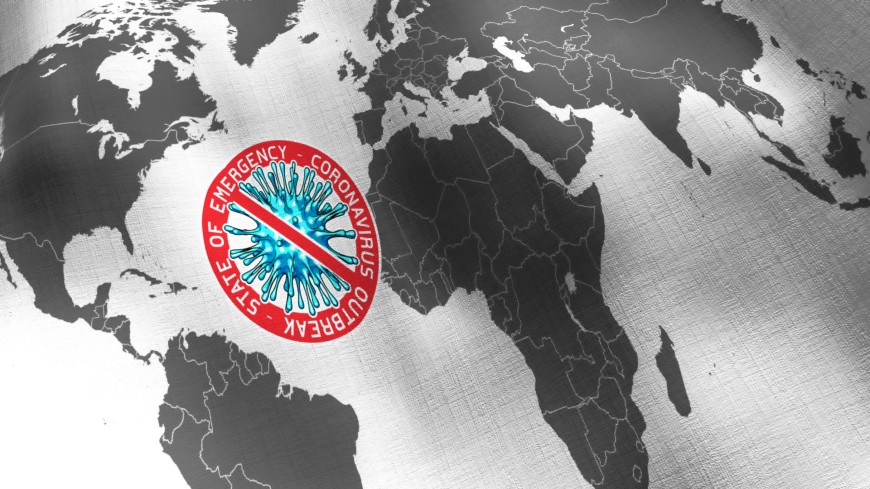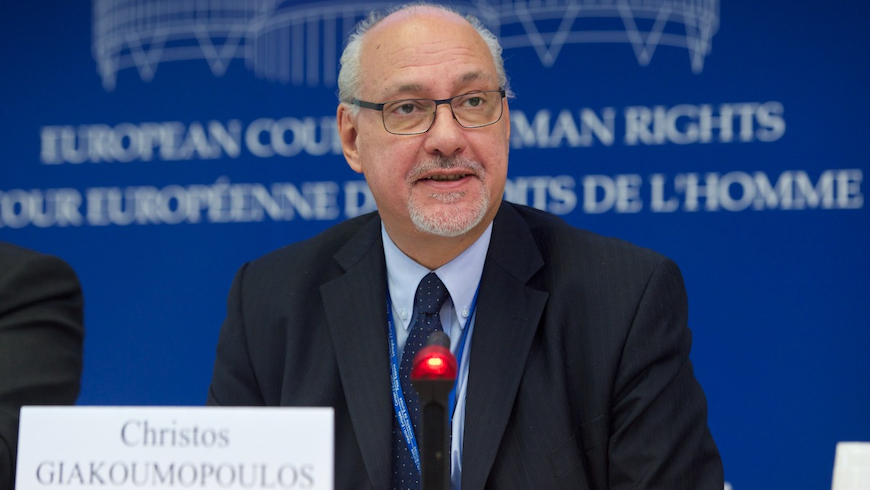Emergency powers - what standards?

Venice Commission - COVID19
On account of the current Covid-19 pandemic, national governments are taking exceptional measures to slow down the spread of the virus. On numerous occasions, the Venice Commission examined the limits of such emergency powers. The Commission has consistently underlined that State security and public safety can only be effectively guaranteed in a democracy which fully respects the rule of law. Even in genuine cases of emergency situations, the rule of law must prevail.
The Commission has addressed several aspects of the distribution of competences during states of emergency, in particular the substantive requirements of a declaration of state of emergency, the competences to make such declaration, the oversight of the declaration and the prolongation of the state of emergency, both by parliament and by the judiciary; the limits on the scope and on the duration of emergency measures; the possibility for constitutional amendment and the possibility of holding elections and constitutional referendums during states of emergency.
Finally, in its Rule of Law Checklist, the Venice Commission elaborated specific benchmarks for the exceptions to the principle of legality in emergency situations.
The Commission has also examined and applied the above standards to a number of constitutional provisions on emergency powers (in Armenia, France, Georgia, Kyrgyzstan, Montenegro, Romania, Serbia, Tunisia, Turkey and Ukraine) and national emergency laws (in Armenia and Turkey).
The Scientific Council of the Venice Commission has prepared a compilation of the Commission’s general reports and country-specific opinions on constitutional provisions and legislation on emergency situations. This document facilitates access to the Commission’s analysis of the compatibility of emergency powers with the fundamental principles of democracy, respect for human rights and the rule of law.
- Compilation on emergency situations - CDL-PI(2020)003
- Relevant website: Venice Commission




